Language Guidelines
LANGUAGE GUIDELINES
Words matter. Words can open doors to cultivate the understanding and respect that enable people with disabilities to lead fuller, more independent lives. The following language guidelines have been developed by experts for use by anyone writing or speaking about people with an intellectual disability to ensure that all people are portrayed with individuality and dignity.
Appropriate Terminology
- Refer to participants in Special Olympics as Special Olympics athletes rather than Special Olympians or Special Olympic athletes.
- Refer to individuals, persons, or people with intellectual disabilities, rather than intellectually disabled people or the intellectually disabled.
- A person has intellectual disabilities, rather than is suffering from, is afflicted with, or is a victim of intellectual disabilities.
- Distinguish between adults and children with intellectual disabilities. Use adults or children or older or younger athletes.
- Down syndrome has replaced Downs Syndrome and mongoloid.
- Refer to participants in Special Olympics as athletes. In no case should the word athletes appear in quotation marks.
- When writing, refer to persons with a disability in the same style as persons without a disability; that is, full name on first reference and last name on subsequent references. Do not refer to an individual with intellectual disabilities as “Bill” rather than the journalistically correct “Bill Smith” or “Smith”.
- Use the words “Special Olympics” when referring to the worldwide Special Olympics movement.
- The words “Special Olympics” are never written without the “s” at the end of “Olympics” (i.e., Special Olympics programs, Special Olympics athletes, Special Olympics Games, etc.).
Terminology to Avoid
- Refer to the person’s disability only when it is relevant and necessary.
- Do not use the label “kids” when referring to Special Olympics athletes. Adult athletes are an integral part of the movement.
- Do not use the word “the” in front of Special Olympics unless describing a specific Special Olympics event or official.
- Do not use the adjective “unfortunate” when talking about persons with an intellectual disability.
- Disabling conditions do not have to be life-defining in a negative way.
- Do not sensationalize the accomplishments of persons with disabilities. While these accomplishments should be recognized and applauded, people in the disability rights movement have tried to make the public aware of the negative impact of referring to the achievements of people with physical or intellectual disabilities with excessive hyperbole.
- Use the word “special” with extreme care when talking about persons with intellectual disabilities.The term, if used excessively in references to Special Olympics athletes and activities, can become a cliché.


